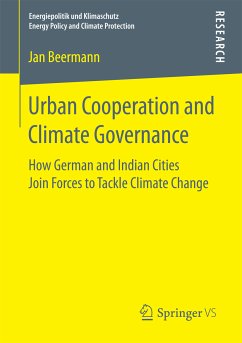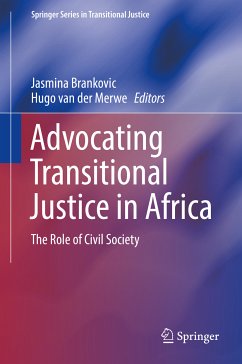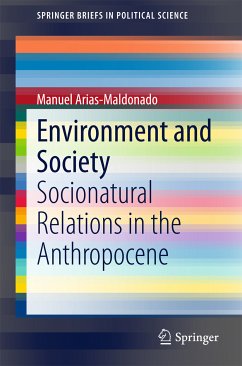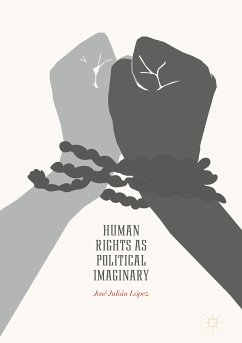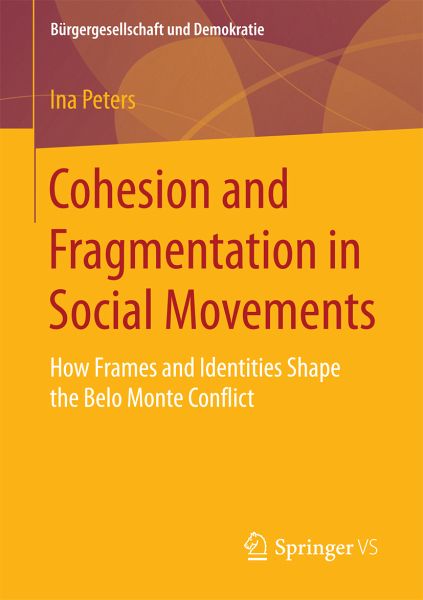
Cohesion and Fragmentation in Social Movements (eBook, PDF)
How Frames and Identities Shape the Belo Monte Conflict
Versandkostenfrei!
Sofort per Download lieferbar
53,95 €
inkl. MwSt.
Weitere Ausgaben:

PAYBACK Punkte
27 °P sammeln!
Ina Peters analyzes how collective identities and collective action frames have contributed to the persistence and eventual fragmentation of the collective action against the Belo Monte Dam. Reconstructing the rationale of the conflict, Ina Peters addresses theoretical research gaps regarding the dynamics - particularly cohesion and fragmentation - in social movements. The study considers the influence of the regional context and the applicability of Western theories in non-Western case studies. It is based on primary data that was collected through semistructured interviews and analyzed in de...
Ina Peters analyzes how collective identities and collective action frames have contributed to the persistence and eventual fragmentation of the collective action against the Belo Monte Dam. Reconstructing the rationale of the conflict, Ina Peters addresses theoretical research gaps regarding the dynamics - particularly cohesion and fragmentation - in social movements. The study considers the influence of the regional context and the applicability of Western theories in non-Western case studies. It is based on primary data that was collected through semistructured interviews and analyzed in detail by means of a combined top-down and bottom-up procedure based on the grounded theory methodology.
Contents
- Social Movement Theory
- Grounded Theory Methodology
- Economic and environmental policy in the Brazilian Amazon
- Rationale of the Belo Monte conflict
- Traveling of theories and concepts
Target Groups
- Researchers and students of Social Movement Research, Latin American Studies, and (Comparative) Area Studies
- Practitioners in the fields of environmental governance, sustainable development, and human rights
The Author
Ina Peters is head of research management at the Academy for Spatial Research and Planning (ARL). She was a research fellow at the GIGA Institute of Latin American Studies headed by Professor Detlef Nolte and a doctoral student of Professor Kai-Uwe Schnapp at Universität Hamburg.
Dieser Download kann aus rechtlichen Gründen nur mit Rechnungsadresse in A, B, BG, CY, CZ, D, DK, EW, E, FIN, F, GR, HR, H, IRL, I, LT, L, LR, M, NL, PL, P, R, S, SLO, SK ausgeliefert werden.



